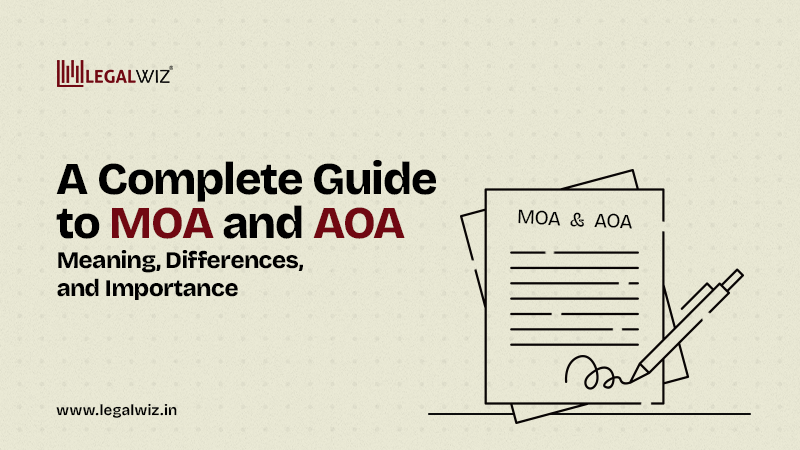Online LLP Registration in India (Limited Liability Partnership)
LLP Registration in India is quick and easy with LegalWiz.in. More than 6,000 businesses trust us to register Limited Liability Partnerships and keep their businesses compliant with the law. Our team of expert CA and CS help you with the process of online registration. The end-to-end incorporation process takes about 15 business days. The fastest and most affordable way to get your LLP registration is just a click away.
Register as an LLP in India
Limited Liability Partnership, known as LLP, is a balanced structure that offers the benefits of a conventional partnership firm and a company. LLP is governed under the Limited Liability Partnership Act, 2008. With lower compliance requirements and structured roles and responsibilities like a partnership, LLP also offers key benefits of a company structure like the limited liability of the partners and separate and perpetual legal existence. For that, LLP Registration is a popular business formation among services and professional firms like Chartered Accountants, Company Secretaries, Management Consulting Businesses, Recruiting Firms, and other services-based businesses.
Why should you choose LegalWiz.in for your LLP Registration?
- Team of Expert CA, CS, and Lawyers
- Dedicated Account Manager, and 24 Hour Query Resolution Policy
- Startup Friendly Pricing, and Quick Registration
- 100% Online LLP Registration Process and Post Incorporation Support
- Thousands of Happy Customers Across All States of India
- Exclusive partner offers on web hosting, payment gateways, etc.
However, transfer of ownership and issuing ownership options to employees (ESOP) are more challenging. If you are a high-growth aspiring startup and seeking external funding, Private Limited Company Registration may be a better option for you.
Why Should You Register Your Business as a Limited Liability Partnership?
Start Your LLP – Quick and Easy!
*Subject to Government processing time
How Long does It Take?
LLP vs. Private Limite Company vs. Partnership
| Private Limited Company | One Person Company | Limited Liability Partnership | Partnership Firm | Proprietorship Firm | ||
|---|---|---|---|---|---|---|
| Applicable Law | Companies Act, 2013 | Companies Act, 2013 | Limited Liability Partnership Act, 2008 | Indian Partnership Act, 1932 | No specified Act | |
| Registration | Mandatory | Mandatory | Mandatory | Optional | No | |
| Number of Owners | 2 – 200 | Only 1 | 2 – Unlimited | 2 – 50 | Only 1 | |
| Separate Legal Entity | Yes | Yes | Yes | No | No | |
| Liability Protection | Limited | Limited | Limited | Unlimited | Unlimited | |
| Statutory Audit | Mandatory | Mandatory | Based On Applicability | Not Mandatory | Not Mandatory | |
| Ownership Transferability | Yes | Yes (Restricted) | Yes | Yes (Restricted) | No | |
| Perpetual Existence | Yes | Yes | Yes | No | No | |
| Foreign Ownership | Allowed | Not Allowed | Allowed | Allowed | Not Allowed | |
| Taxability | Moderate | Moderate | High | High | Low | |
| Compliance Requirement | High | High | Moderate | Low | Low | |
| Know More | Know More | Get Started | Know More | Know More |
Questions You May Have on LLP Incorporation in India
Your Growth, Supported by Our Partners
Explore how our partner network can fuel your success—get in touch with Legalwiz.in today!












